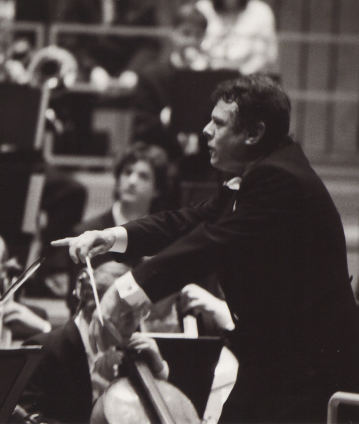Mariss Jansons conducts Shostakovich’s Seventh Symphony

Mariss Jansons is one of the greatest Shostakovich conductors. His performance of the Seventh Symphony documented here was only the second time the Berliner Philharmoniker had tackled this work. Shostakovich wrote the symphony in Leningrad in 1941 while it was under siege. Although it was officially interpreted as a celebration of Soviet fighting power, the work carries an unmistakable humanist message condemning war and violence.
Mariss Jansons once said of Dmitri Shostakovich’s music that it was “testimony to a troubled political era and at the same time a timeless expression of existential human feelings and experiences”. Among numerous other works, he has conducted Shostakovich’s Seventh Symphony with the Berliner Philharmoniker, who named Jansons an honorary member in 2018.
Shostakovich’s Seventh, named the Leningrad by the composer, is one of his most intriguing and monumental works. The symphony was celebrated in 1941, the year it was written, as a beacon against German National Socialism not only in the Soviet Union, but also in the United Kingdom and the United States. In a compellingly coherent form, the work incorporates extremely heterogeneous material, including military music, dance sequences, chorales, idyllic passages and operetta melodies. The work was partly written in the city of Leningrad, which was surrounded by the German army, and is undoubtedly directed against the Second World War. However, Shostakovich confided to his friend Flora Litvinova that his work was aimed beyond this specific event. In her memoirs, she says that “the Seventh, like the Fifth, is not only about fascism, but also about our regime, about all totalitarianism in general”.
© 1992 TV Man Union, WOWOW, Berlin Phil Media GmbH
Artists
Our recommendations
- Mariss Jansons and Frank Peter Zimmermann
- Mariss Jansons and Truls Mørk
- 2017 Europakonzert from Cyprus with Mariss Jansons and Andreas Ottensamer
- Mariss Jansons conducts Sibelius, Weber and Bartók
- “World Encores” with Mariss Jansons and Vadim Repin at the Waldbühne
- 2001 Europakonzert from Istanbul with Mariss Jansons and Emmanuel Pahud